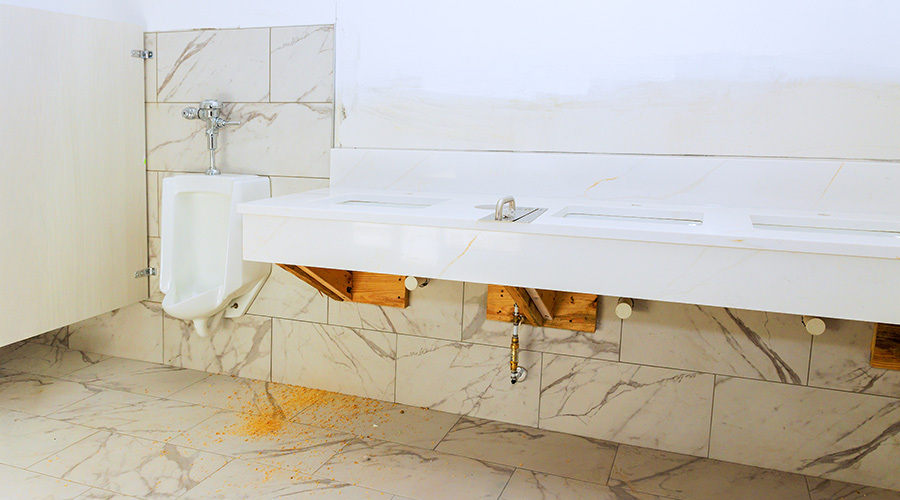The rising interest in behavioral health in an era of outcomes-oriented, value-based care has thrown the spotlight on technology developments in digital health and tech-enabled approaches. Application segments such as telehealth, virtual reality, mHealth applications and wearables are expected to post double-digit growth rates and, eventually, change the way mental disorders are diagnosed, treated and managed. Even though these segments represent a tiny share of the entire market, their growth potential is significant given their capacity to provide remote access to care personnel or help self-manage conditions.
Healthcare-specific applications like health IT software, devices and ingestible sensors have given a huge boost to the behavioral health market. The currently unaddressed demand in the market can now be addressed thanks to availability of digital products and services.
“An important aspect of evolving technology trends is the potential for convergence,” said Frost & Sullivan Transformational Health Research Analyst Siddharth Shah. “For instance, smartphone applications can use the phone camera for emotion recognition, backed by deep learning andartificial intelligence technologies. A combined therapy approach employing telehealth for remote consults, virtual reality for remote therapy, and smartphone apps for self-management will greatly enhance outcomes.”
Future of Behavioral HealthCare Paradigms, Forecast to 2022 is part of the Visionary Healthcare team’s Growth Partnership Subscription. Related studies include: Healthcare 2020 Business Model Transformation, augmented and virtual reality applications, medical tourism, healthcare wearables and clinical mHealth.
Click here for complimentary access to more information on this analysis and to register for a Growth Strategy Dialogue, a free interactive briefing with Frost & Sullivan’s thought leaders.
One of the primary challenges to the rapid adoption of technologies is the social and cultural stigma associated with behavioral health issues. However, the introduction of telehealth and anonymous online support services has mitigated this issue to a large extent. Technological advances also bring products and services closer to patients, overcoming the lack of adequate behavioral health services, personnel and infrastructure.
The global diversity in terms of disease burden in the behavioral health space is significant:
· Europe ranks third in terms of disease burden, but has the highest number of behavioral health outpatient visits and hospital admissions.
· The Americas rank fourth in disease burden and second in hospital admissions, but its post-discharge follow-up rate of 34 percent is the lowest globally.
· Southeast Asia, which ranks second in terms of disease burden, has the best follow-up rates.
· The Western Pacific region (Australia, China, Japan), which has the highest global disease burden, fares poorly in implementing behavioral health policies, but has a very high number of outpatient visits.
· Africa has the fifth-largest disease burden, but lacks sufficient facilities and has the lowest outpatient visits.
· The Eastern Mediterranean region (Middle East) has the lowest disease burden globally and the lowest number of outpatient facilities after Africa.
“There are several companies and some start-ups, that are working in various behavioral health segments such as neuromodulation devices and virtual reality,” noted Shah. “Collaborations among players in these segments can result in mutually beneficial partnerships, helping them thrive in a market dealing with significant challenges of stigma and lack of infrastructure.”
Contact us: Start the discussion

 Biofilm 'Life Raft' Changes C. Auris Risk
Biofilm 'Life Raft' Changes C. Auris Risk How Healthcare Restrooms Are Rethinking Water Efficiency
How Healthcare Restrooms Are Rethinking Water Efficiency Northwell Health Finds Energy Savings in Steam Systems
Northwell Health Finds Energy Savings in Steam Systems The Difference Between Cleaning, Sanitizing and Disinfecting
The Difference Between Cleaning, Sanitizing and Disinfecting Jupiter Medical Center Falls Victim to Third-Party Data Breach
Jupiter Medical Center Falls Victim to Third-Party Data Breach